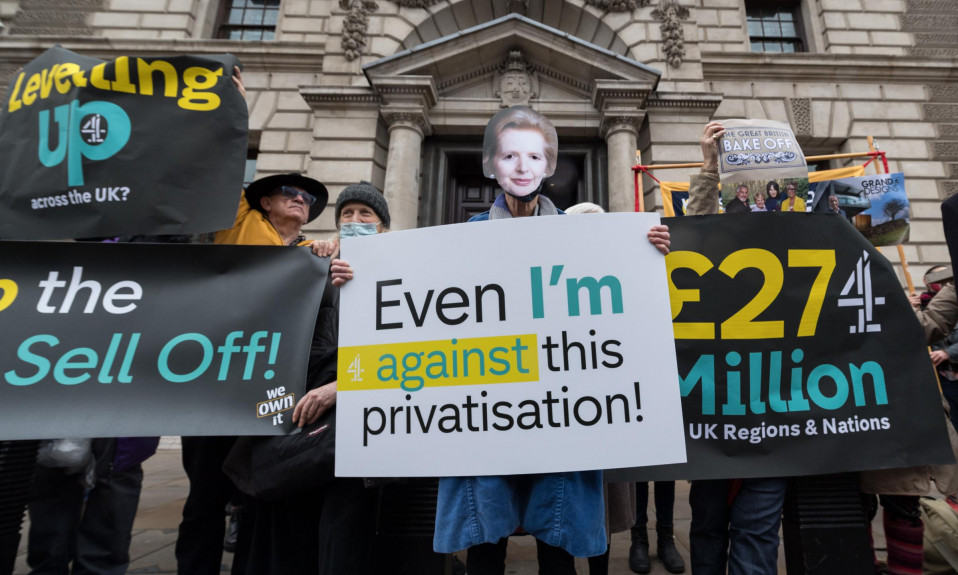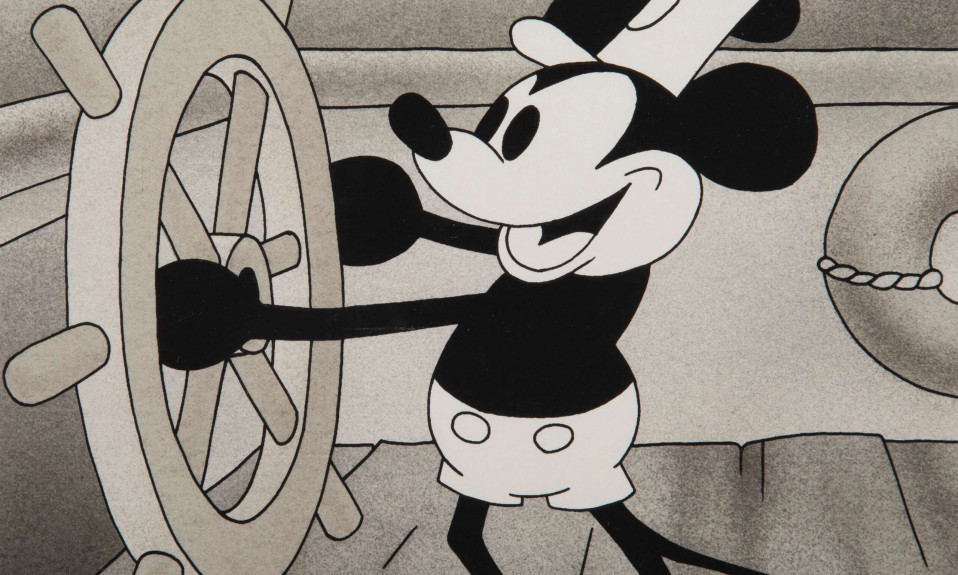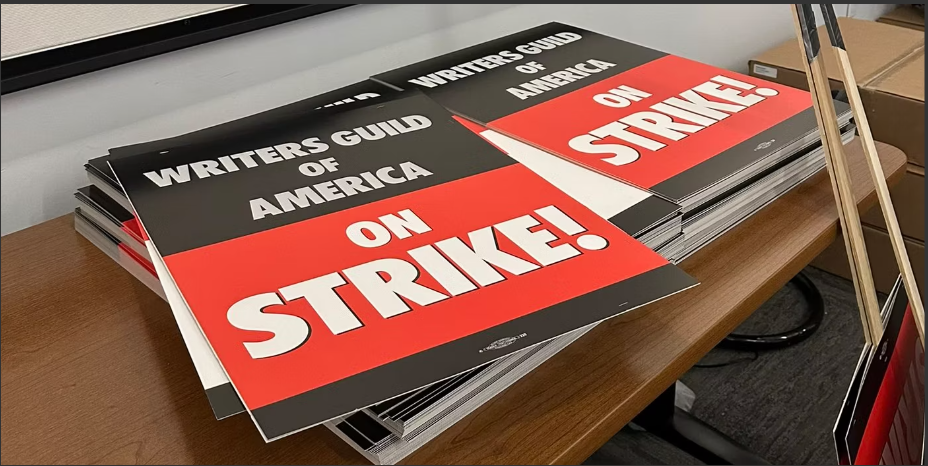The UK conservative government are finally going ahead with plans to privatise Channel 4. But what will this mean for the channel’s future?
In this article, we will explore the possibilities of what might happen after Channel 4 is privatised and how it will affect the media industry. But to see how the upcoming changes may impact the company let’s refresh ourselves on Channel 4’s history.
The Inbetweeners
Margaret Thatcher’s Government created the public service broadcaster Channel 4 in 1982. One of the only good things from the Thatcher years. But it was and is unlike other PSBs. It does not receive public money (like the BBC) it instead generates revenue through advertising. Which is then used to commission projects. Additionally, Channel 4 does not make its own programmes. Instead, it commissions them through smaller UK production companies. And its mission statement is to present challenging, unique content that also showcases the diversity of British life. This outlook informs its programming and film production arm (Film4). Making it different from the broader public interests of the BBC and the commercial interest of ITV and later Channel 5.
Since its formation, the company has broadcast a range of classic scripted shows like Black Mirror, Derry Girls, Desmond’s, The Inbetweeners and It’s A Sin among others. Its hard-hitting news programmes and Dispatches series have added great diversity to the news landscape. And it has produced films by great creatives like Steve McQueen, Danny Boyle, Ken Loach, Asif Kapadia, Lynne Ramsay and more.
A Very British Coup
So what is the aim of privatising Channel 4? According to those in favour of privatisation, it will secure the company’s future. With competition from hundreds of TV channels and streaming services coupled with declining TV advertising revenues and traditional viewing patterns, the channel’s revenue will likely get smaller over time. And with rising production costs the company faces huge challenges. These are the problems that privatisation aims to solve.
One big claim is that privatisation will get rid of the channel’s funding restrictions. Allowing for more investment from different sources besides advertising. Meaning it will have more money available for new projects. The channel will also potentially be allowed to own and produce its own shows. This can facilitate more direct income through selling these projects to other services. And could create new jobs as the company builds its production staff. Finally, the government has said that it would make Channel 4’s remit part of the conditions for buying the channel. Meaning the channel’s future owner would have to stick to its mission statement of producing diverse content for underserved audiences. Some are also suggesting that the sale terms can be used to ensure that the channel still spends a certain amount of its budget on independent productions. Which sounds positive.
It’s A Sin
However, while all this sounds beneficial it also risks stripping away a lot of what makes Channel 4 important. The fact that Channel 4 produces no content in-house has led to huge growth in independent production throughout the UK. This means more diverse ideas and creatives have had a platform and opportunities that would not be as prevalent were it not for this production model.
Additionally allowing the channel to produce its own shows will ultimately lead to a shrinking of overall jobs. As less work will be outsourced. This means there will be less opportunity for independent production companies new and old.
Finally, putting the channel into private hands is concerning for those that love Channel 4s challenging content. While the government says any future buyer must keep the channel’s remit, how long will a new owner heed the remit if they are looking to make profit? While Channel 4 has many hit shows much of its content appeals to smaller markets. Meaning it may not earn as much. And if the channel is aiming to maximise profits the independent projects it chooses will likely be determined by money-making potential rather than merit.
What Happens Now?
Channel 4’s future now entirely depends on the conditions the government give potential buyers and who the potential buyers are.
If the buyers are passionate about television and film production above making money and keep to the mandate to make content for underserved audiences, with independent productions still needing to meet a certain threshold Channel 4’s brand and importance in UK production can possibly be maintained. However, significant job losses would still be a concern.
If the buyer is purely profit-driven then it is reasonable to expect that the challenging nature of Channel 4s output will slowly be eroded. Making way for projects with mass appeal. Regardless of the government’s requirements. Whatever the outcome it is an unfortunate situation for a unique and integral part of UK media production.
Also Read: New Research Shows 70% of International Audiences View British film and TV As High-Quality













